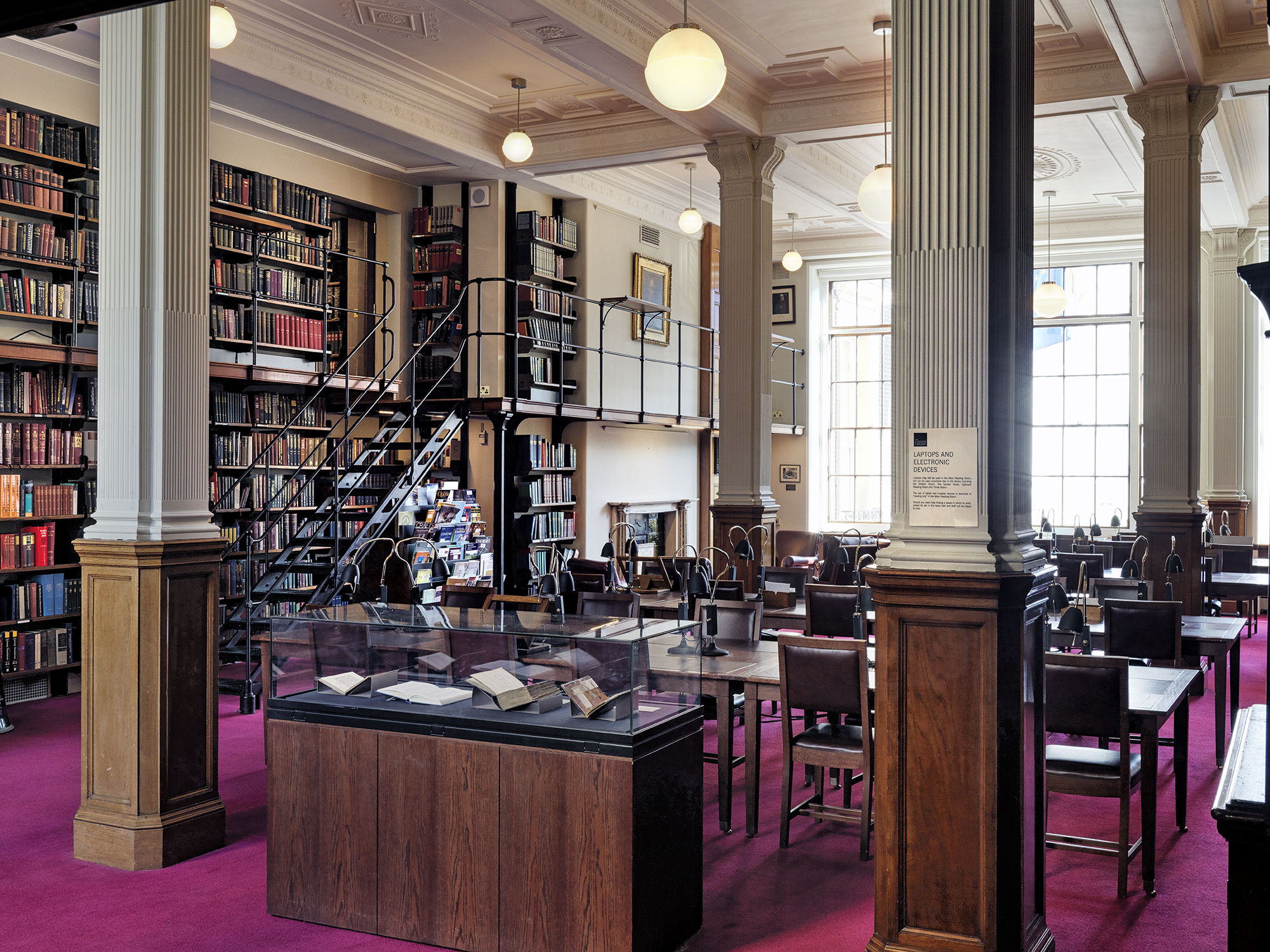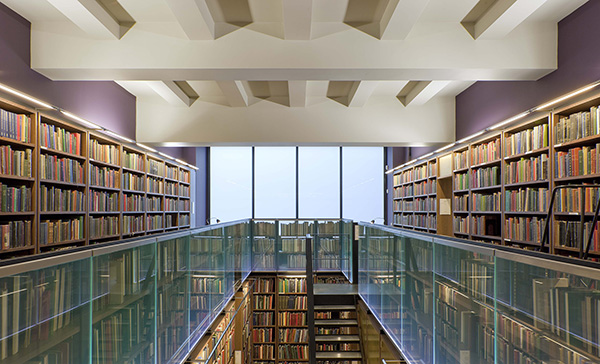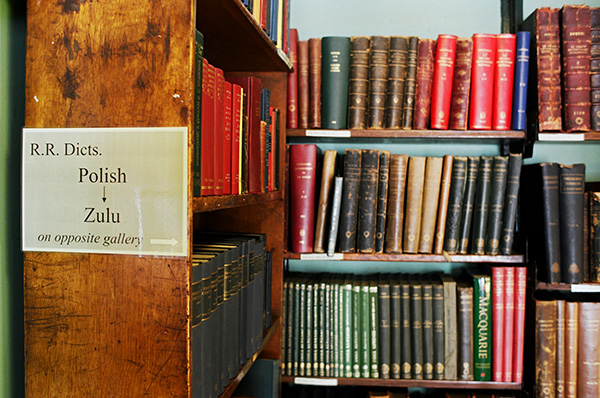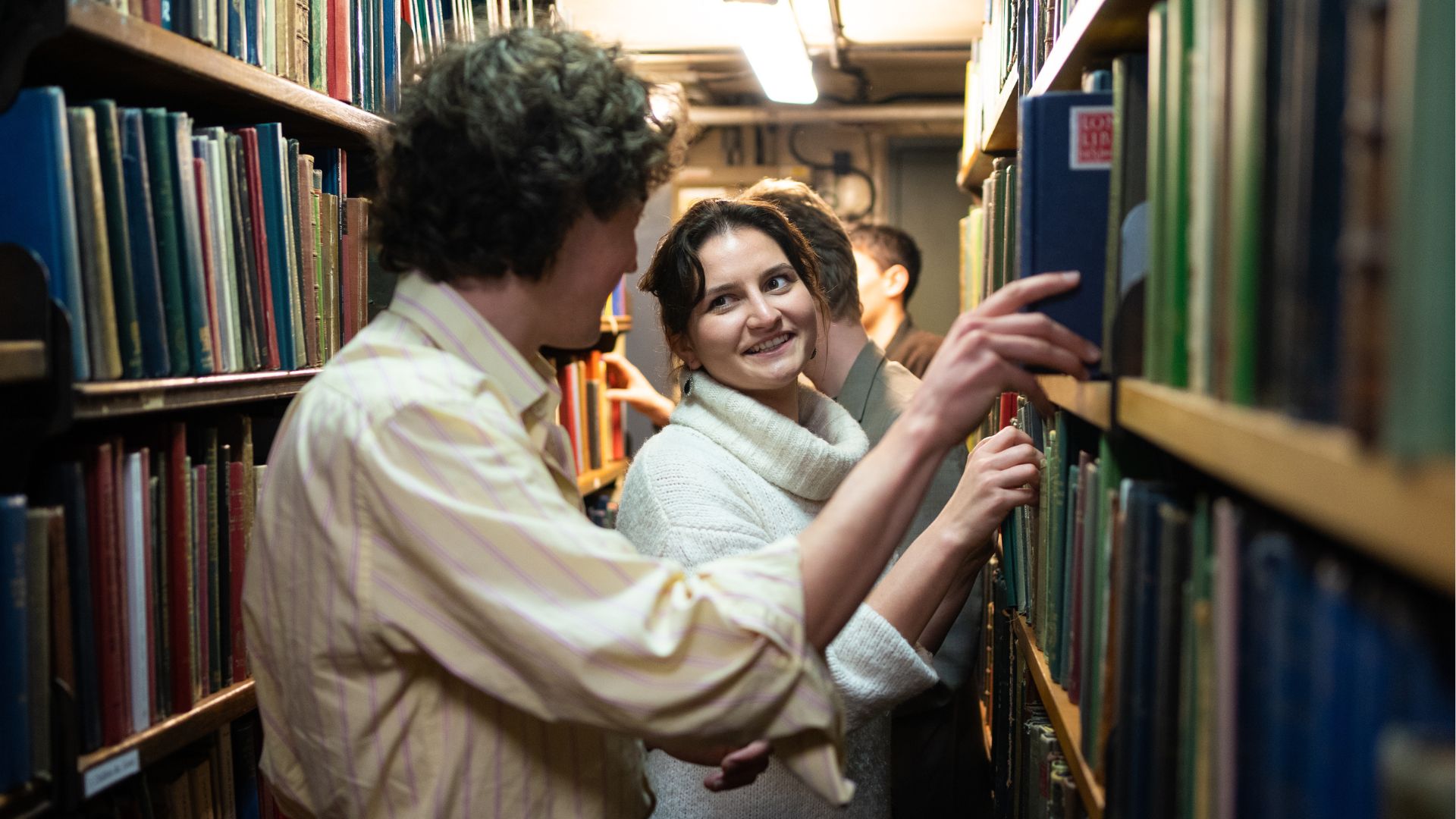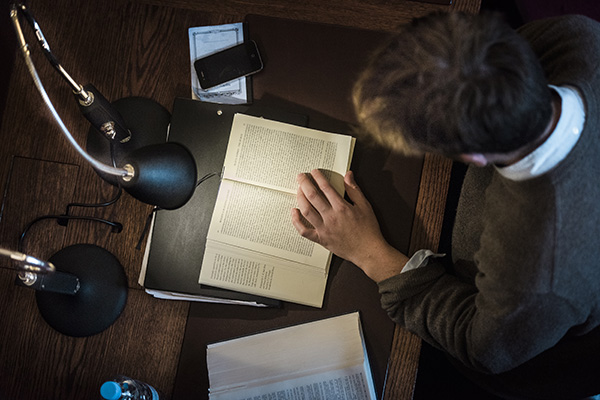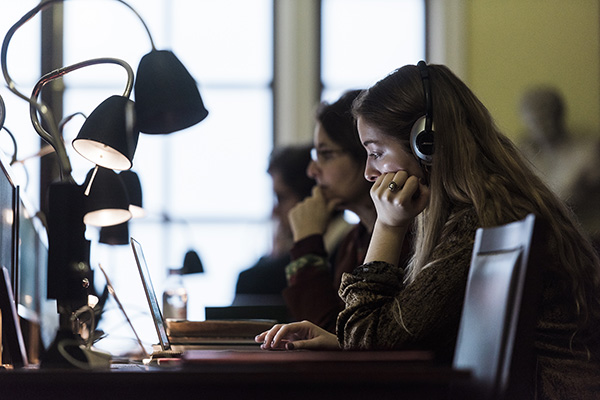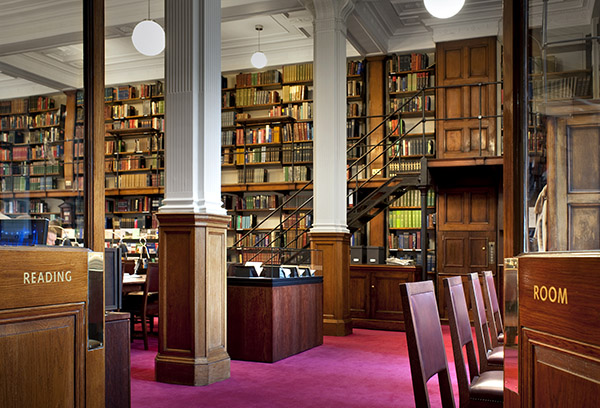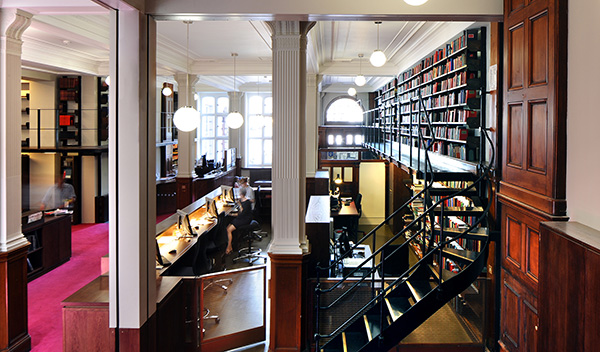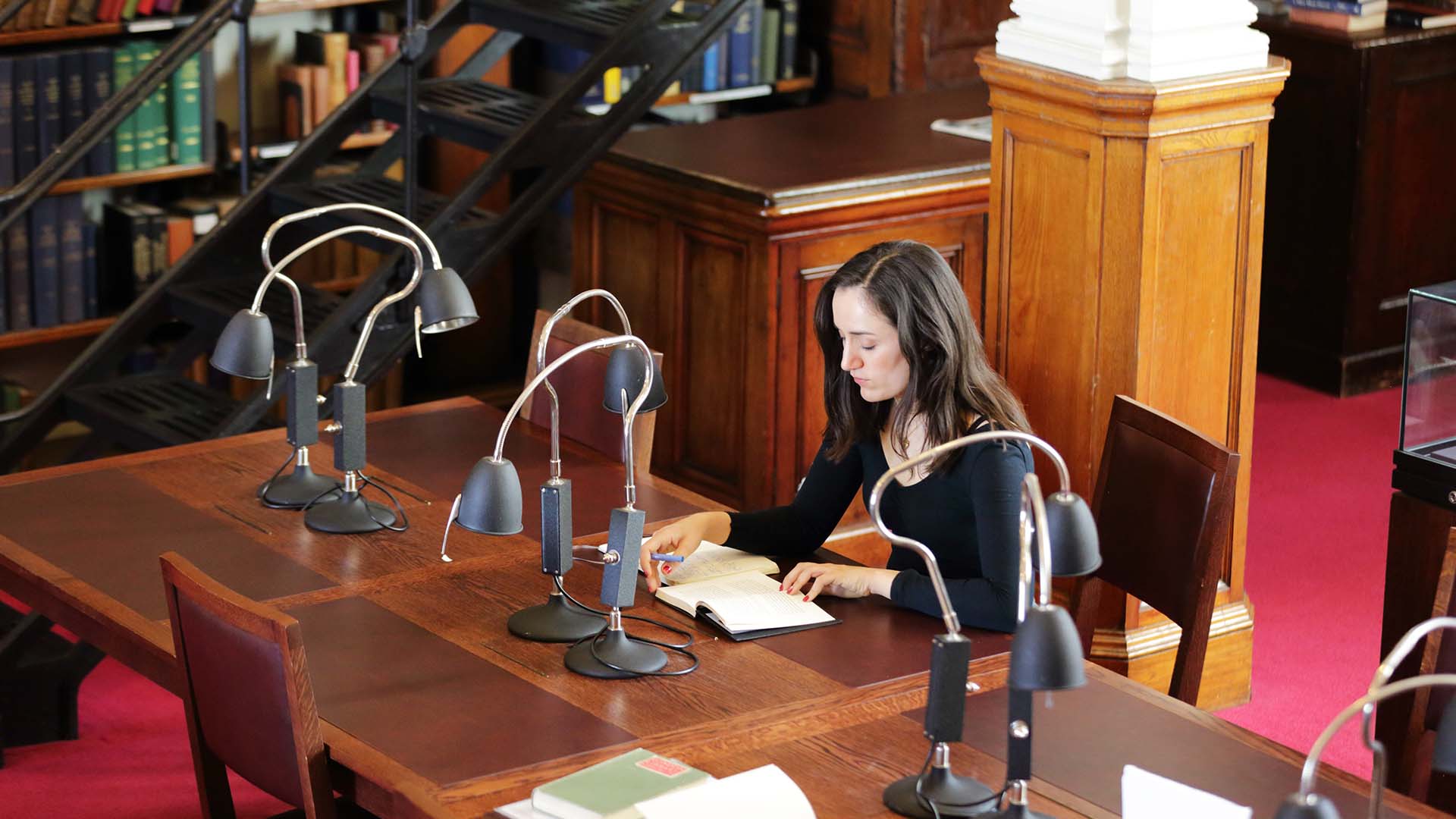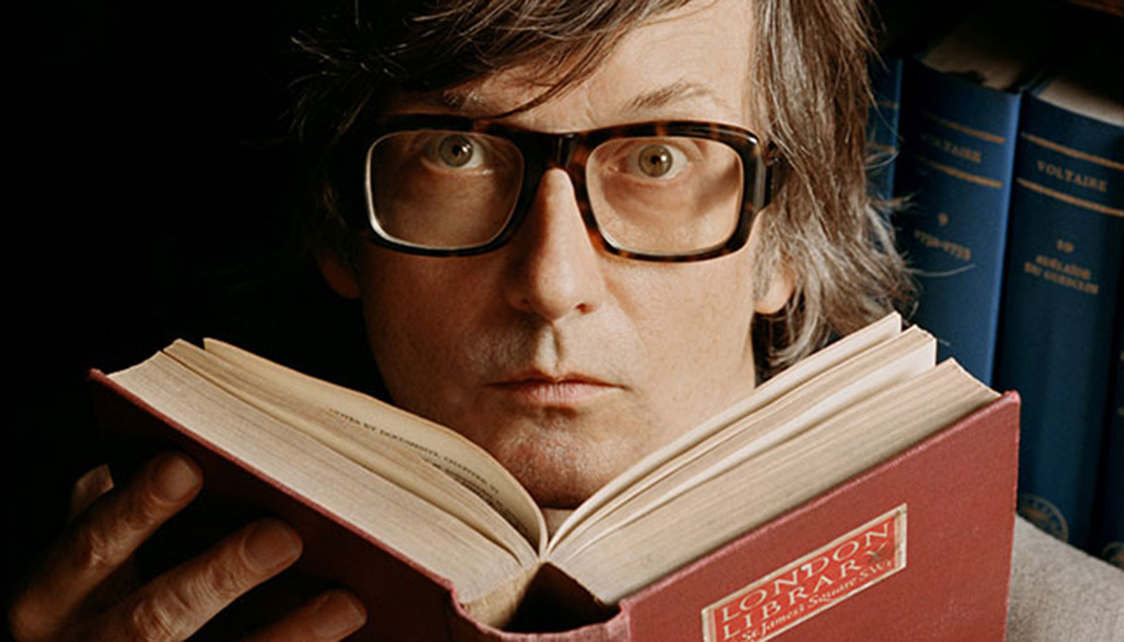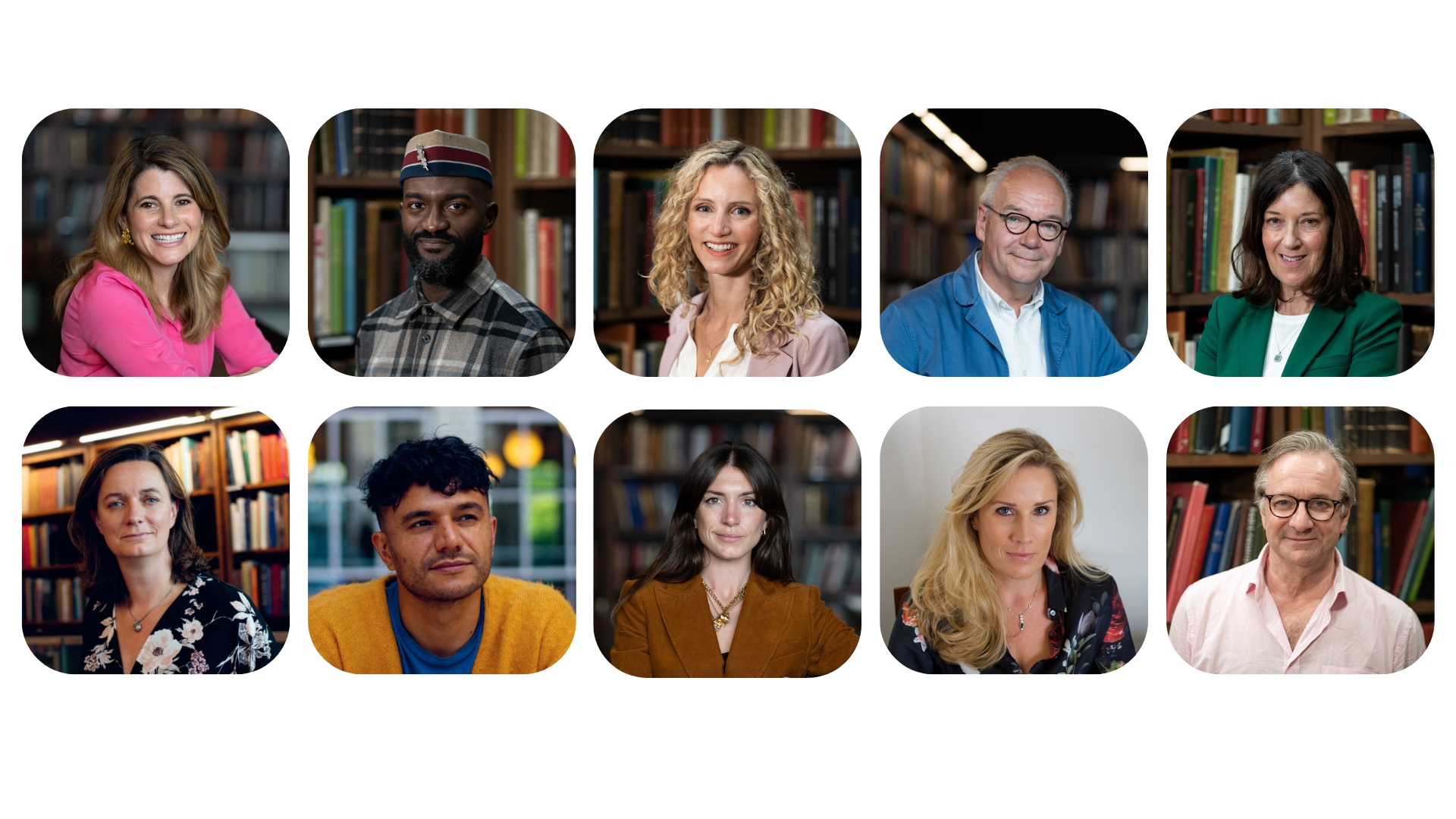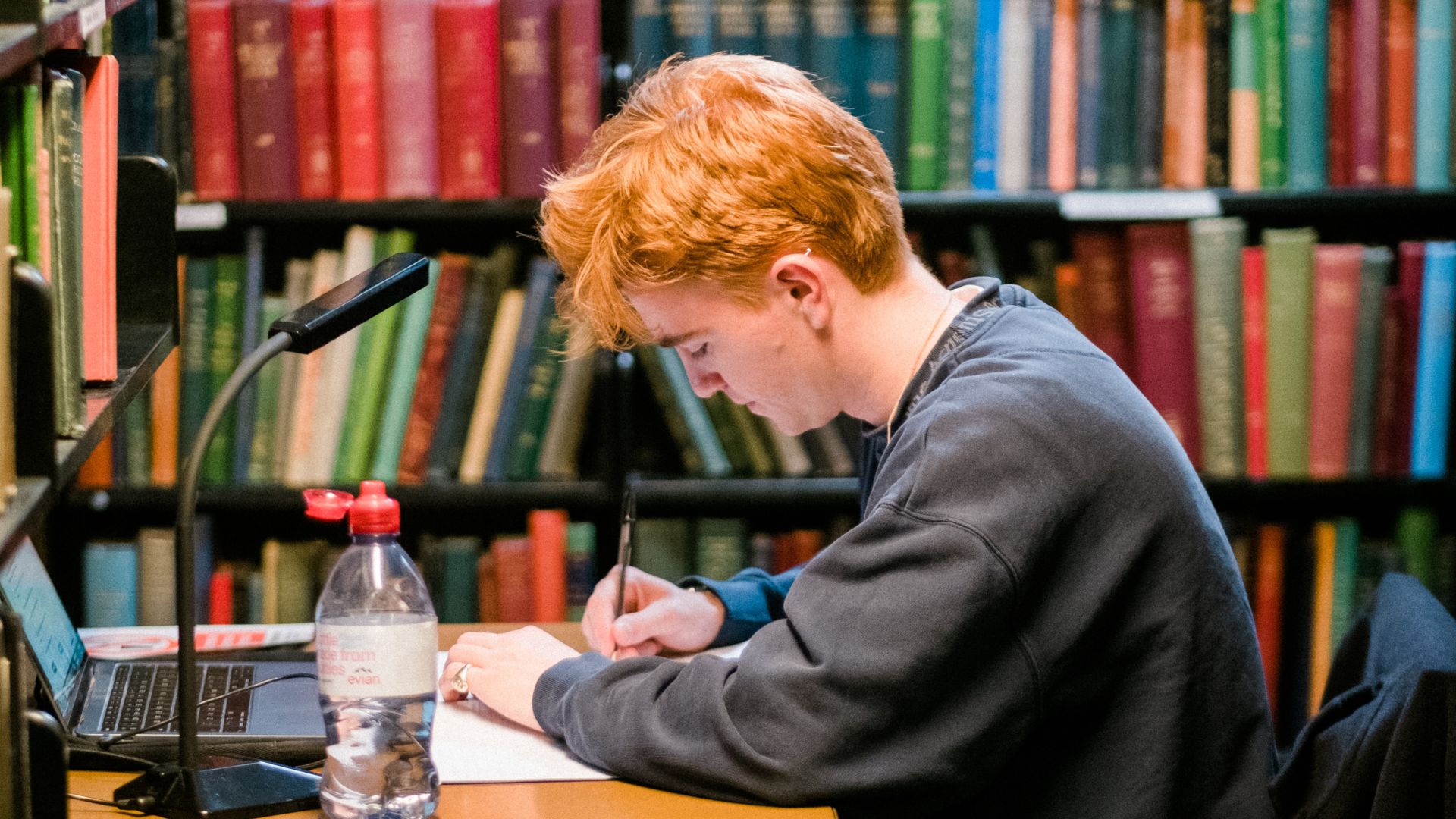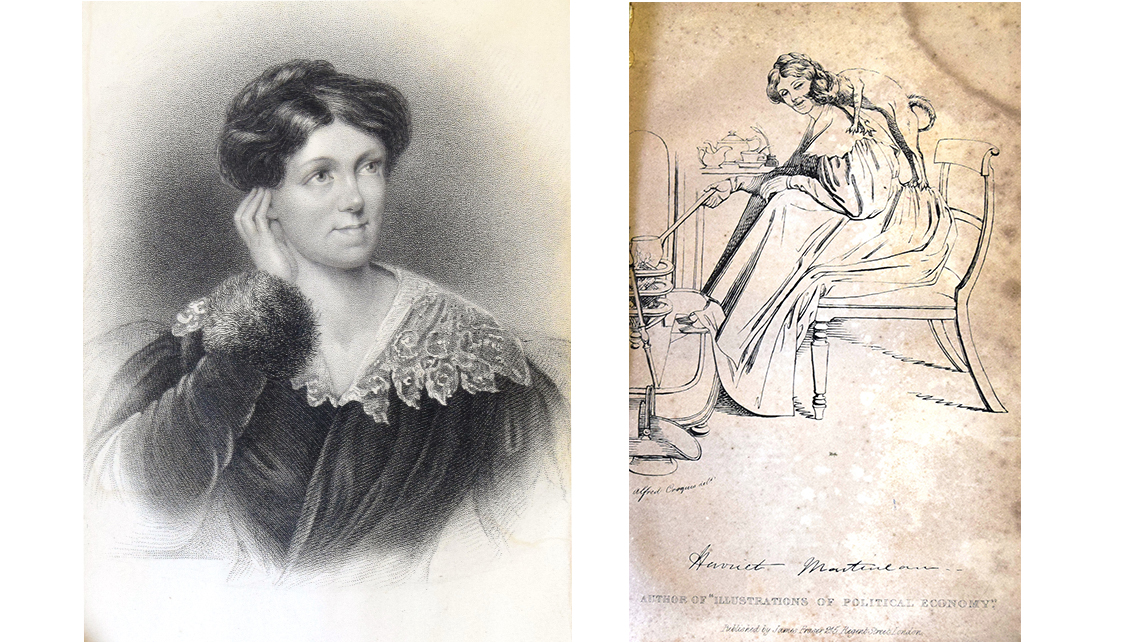
The work of Harriet Martineau, founder member of the Library was internationally influential during her lifetime. Today, however, she is more likely to be known for her novel Deerbrook, than for her work in the field of comparative sociology; her progressive politics; or feminist sociological perspectives on marriage, children and domestic life.
Martineau’s absence from the mainstream today belies her 19th century profile. Caroline Darwin sent her brother a copy of Martineau’s Illustrations of Political Economy while he was aboard HMS Beagle: in her letter she described Martineau as “a great Lion in London”. George Eliot referred to her as “the only English woman that possesses thoroughly the art of writing.” Illustrations was a ground-breaking, bestselling series which catapulted Martineau to national fame in 1832. Her innovative use of popular fiction to address economic issues such as strikes and taxation paved the way for the medium to take hold as a vehicle of social reform. She may have written novels and children’s stories but she is also responsible for the first systematic methodological treatise in sociology and conducted detailed international comparative studies of social institutions. Her international influence was recognised by the American Wendell Phillips who, in 1877, called this slightly built, profoundly deaf, outspoken woman from Norwich “the greatest American abolitionist.” Harriet Martineau was a trailblazing polymath.
In addition to 50 books, Martineau penned over 1600 leader articles on the issue of slavery. She was considered an expert on America at home, having spent two years travelling the country in 1834. On her outward journey Martineau wrote How to Observe Morals and Manners, a landmark work in the field of sociology. In America, from the slave market to the House of Congress, she travelled extensively – visiting prisons, schools, plantations, factories and universities – and she talked to an astonishing array of people, from prison inmates to Congressmen. Well known for her opposition to slavery, which she said was “indefensible, economically, socially, and morally”, she arrived in America during pro-slavery riots and was quick to lend the weight of her name to the abolitionist cause – which was seen as a wildly radical move at the time.
When she returned to Britain there was a Molière-type farce as three publishers simultaneously bid for her work from separate rooms in her house. Society in America resulted in 1837, followed in 1838 by Retrospect of Western Travel and by The Martyr Age of the United States in 1839: the first account of the history of American abolitionism. Published over a decade before Uncle Tom’s Cabin, her novel The Hour and the Man was written to support the abolition of slavery. She was foreign correspondent for the Anti-Slavery Standard in America and kept the issue prominent at home in articles in The Daily News.
Martineau was successful and controversial, acknowledging in her autobiography that at least five of her books could potentially have ended her career. She can often be seen, however, head above the parapet when controversial Victorian storms raged. At an unveiling of a statue of her in Boston in 1877 Wendell Phillips, in his last public address, said:
“It is easy to be independent when all behind you agree with you, but the difficulty comes when nine hundred and ninety-nine of your friends think you are wrong. Then it is the brave soul that stands up, one among a thousand…This was Harriet Martineau.”
Read more: Harriet Martineau- Forthright, Formidable and Feisty
Member Services
The Member Services team, headed by Amanda Stebbings,looks after all the main book lending services used by members and many of the services and facilities (eg reprographics) they need when working in the Library. The team incorporates:
Circulation: The circulation team is responsible for book lending services including loans and renewals. They also handle book enquiries from members - from straightforward book requests to complex subject enquiries.
- Book Enquiries: (020) 7766 4743 | This email address is being protected from spambots. You need JavaScript enabled to view it.
- Issues & Returns: (020) 7766 4743 | This email address is being protected from spambots. You need JavaScript enabled to view it.
- Renewals: (020) 7766 4743 | rThis email address is being protected from spambots. You need JavaScript enabled to view it.
Reception: Reception staff are on hand to advise and welcome members and visitors on arrival in the building.
- (020) 7766 4700 | This email address is being protected from spambots. You need JavaScript enabled to view it.
Postal loans: Enabling members unable to visit the Library in person to have books sent to them by post. The postal loans team also look after inter library loan requests.
- (020) 7766 4782 | This email address is being protected from spambots. You need JavaScript enabled to view it.
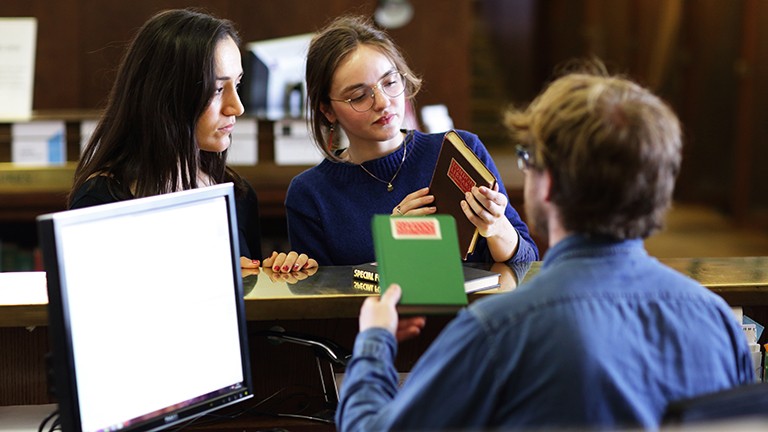
Acquisitions
The Acquisitions Team is headed by Gill Turner and handles the acquisition of books and periodicals coming into the collection whether they are newly published, replacements for existing copies, out of print materials or print and online titles brought in under ongoing subscriptions to journals, periodicals, directories etc.
Around 6,000 books are added to the collection annually. The selection of titles draws on the expertise and ongoing research of the Acquisitions team and takes account wherever possible of recommendations from members about titles that would support their research and strengthen the collection. Suggestions for new books can be made to This email address is being protected from spambots. You need JavaScript enabled to view it..
Much of the Library’s acquisition material has to be purchased but donations that fit the collection are welcomed and members are invited to contact the team via This email address is being protected from spambots. You need JavaScript enabled to view it. if they have books they or their publisher wish to donate.
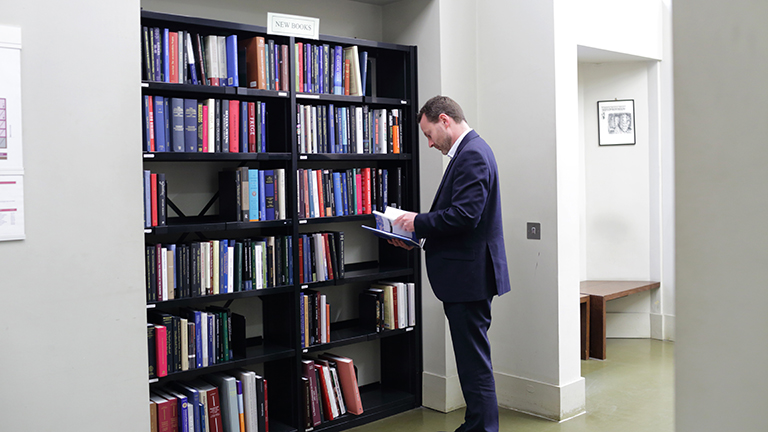
Collection Care
The Collection Care team is headed by Kate Sloss and deals with all aspects relating to the physical well-being of the Library's book stock and its long term preservation. Working from a dedicated conservation studio the team carry out in-house book repairs and work with outside conversation services, such as book binders, for more complex repairs. A team of stack management staff are responsible for the correct sequencing of stock and prompt return of books to the shelves.
Collection Care is also responsible for facilitating awareness of and access to the Library's Special Collections, working closely with the Library's Archivist who catalogues the Library's institutional and historic membership archives and oversees its conservation.
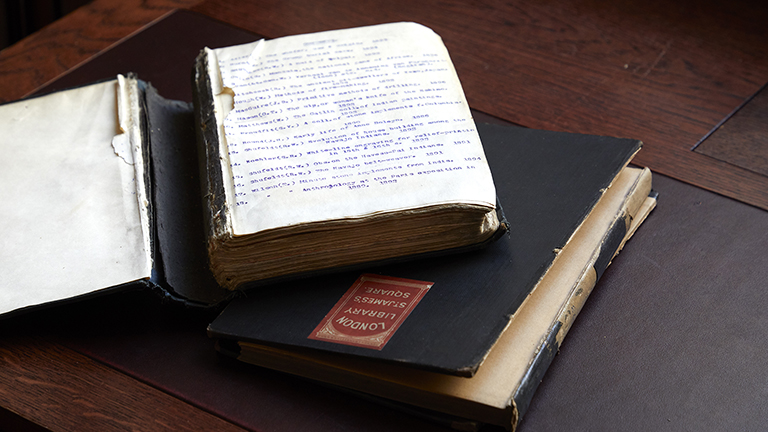
Bibliographic Services
The Bibliographic Services team headed by Fay Dowding is responsible for the cataloguing and classification of all new acquisitions and donations. It also catalogues our pre-1950 acquisitions retrospectively and maintains the Library's unique classification scheme, adapting and developing it where necessary to accommodate how subjects change over time.
Director, Philip Marshall
As Director, Philip is the chief executive officer of the Library, reporting to the Board of Trustees.
Philip began his career as a solicitor, specialising in commercial law for the IT, media and publishing sectors. After completing an MBA at London Business School, he joined the British Museum where over an 11 year period his roles included Head of Commercial and Director of International Engagement. He then worked as Director of Business Development at the Royal Albert Hall and Director of Development at Sadler’s Wells.
This email address is being protected from spambots. You need JavaScript enabled to view it.

Director of Collections and Library Services, Matthew Brooke
Matthew joined The London Library in 2019 and is focused on developing the Library’s outstanding collection and the extremely high quality library services that it provides. As Director of Collections and Library Services Matthew is responsible for the Member Services, Collection Care, Bibliographic Services and Acquisitions teams.
He has been involved in library services for over a decade, most recently as Acting Director of Library Services at Royal Holloway where he was responsible for services including the archives and special collection, and led the development of the £60m Library Student Services Centre.
This email address is being protected from spambots. You need JavaScript enabled to view it.

Director of Finance & Resources, Chris Gilbert
Chris joined The London Library in 2022 and is responsible for the Library’s Finance, IT, HR and Building Management teams. Chris is a qualified accountant with thirty years of experience in the charity and public sectors.
Chris was previously the Chief Finance Officer for London Transport Museum and spent many years as a Trustee and Treasurer for the Association for Cultural Enterprises. He is an advocate for strong charitable governance and the importance of the heritage, arts and culture sectors.
This email address is being protected from spambots. You need JavaScript enabled to view it.
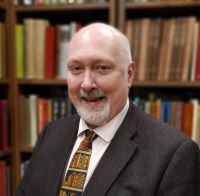
Fundraising Director, Melanie Stoutzker
Melanie joined The London Library in 2020 where as Fundraising Director she is responsible for the Library’s Development team and generating philanthropic income to support the Library's activities and collections. She has over 25 years' experience as a development professional in the UK, fundraising for the Royal Academy of Arts and the Natural History Museum before becoming a consultant advising and supporting a range of heritage, cultural, arts and non-profit organisations.
This email address is being protected from spambots. You need JavaScript enabled to view it.
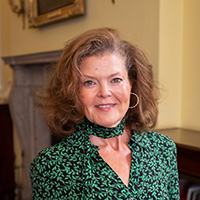
Membership Director, Felicity Clark
Felicity joined the Library in 2017 and as Membership Director is focused on delivering the Library's strategy to raise awareness of the Library, broaden its audience and grow its membership. Felicity is responsible for the Library’s Marketing and Communications, Events and Membership Administration teams. She brings wide-ranging experience of membership organisations and events delivery, having worked in membership for over 13 years, most recently as Head of Membership and Business Development for maritime trade association The UK Chamber of Shipping.
This email address is being protected from spambots. You need JavaScript enabled to view it.
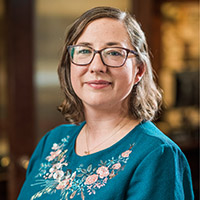
In the following pages you can find out more about the Library teams and the services they provides:
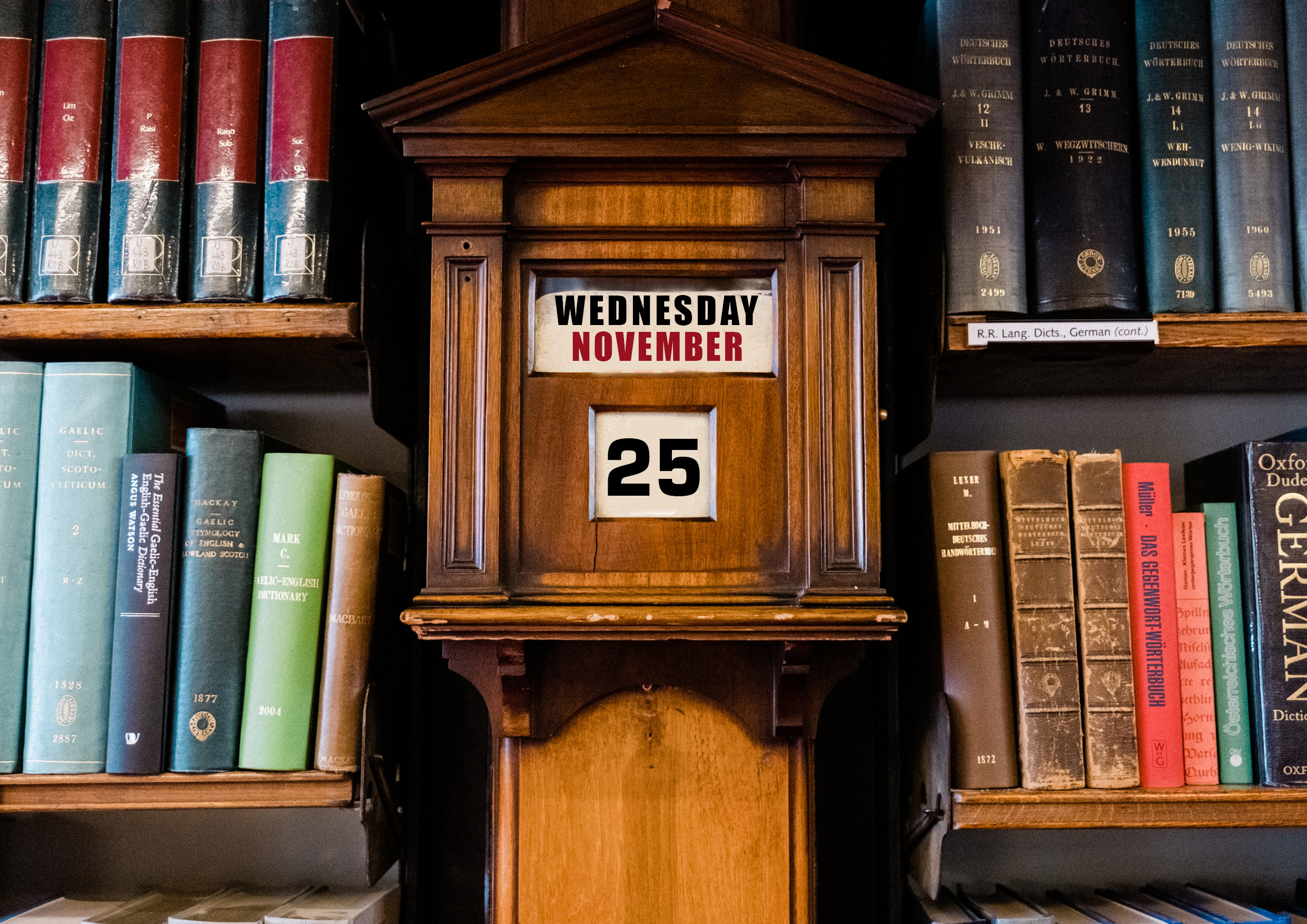
We hope you can join us on 25 November at 7.30pm for a very special online quiz with questions from our host for the evening Ian Hislop, and other questions on a range of subjects from Yassmin Abdel-Magied, Richard Ayoade, Daisy Goodwin, Victoria Hislop, John O’Farrell and Kate Williams. It is free for all to join, and open to all, with donations welcome which will support the Library's Emerging Writers' Programme.
You can register your interest in attending and find more information as it is announced by leaving your email address below.

